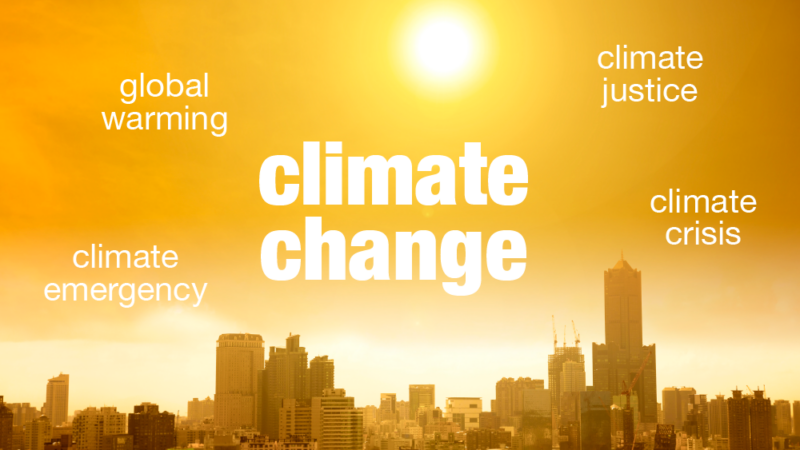Climate change is a pressing issue that affects everyone on the planet. The way we talk about climate change can have a significant impact on how people perceive the issue and how willing they are to take action. A recent study conducted by USC researchers sheds light on the most effective ways to communicate about climate change.
The study, led by Professor Wändi Bruine de Bruin from the USC Price School of Public Policy, found that people are more familiar with and concerned about terms like “climate change” and “global warming” compared to more dramatic terms like “climate crisis” and “climate emergency.” This suggests that using tried-and-true terms can be more effective in generating concern and urgency around the issue of climate change.
One interesting finding from the study was the difference in perceptions based on political party affiliation. Democrats were more likely to express concern about climate change and climate justice, while Republicans were less likely to do so. This highlights the importance of tailoring climate change communication strategies to different audiences in order to effectively engage with a diverse range of people.
The study also looked at the willingness of respondents to support climate-friendly policies and make changes to their behavior, such as eating less red meat. Interestingly, the results showed that regardless of the term used to describe the action, a majority of respondents were willing to make changes. This suggests that there is a willingness among the public to take action on climate change, but the way the issue is framed can influence how people respond.
Overall, the study provides valuable insights into how to effectively communicate about climate change. By using terms that are familiar and resonate with people, we can increase awareness and concern about the issue. This research can inform future communication strategies and help to mobilize support for climate action.
In conclusion, the study conducted by USC researchers highlights the importance of using clear and familiar language when talking about climate change. By focusing on terms like “climate change” and “global warming,” we can effectively engage with a wide audience and inspire action on this critical issue. It is essential that we continue to research and refine our communication strategies in order to address the urgent challenges posed by climate change.

